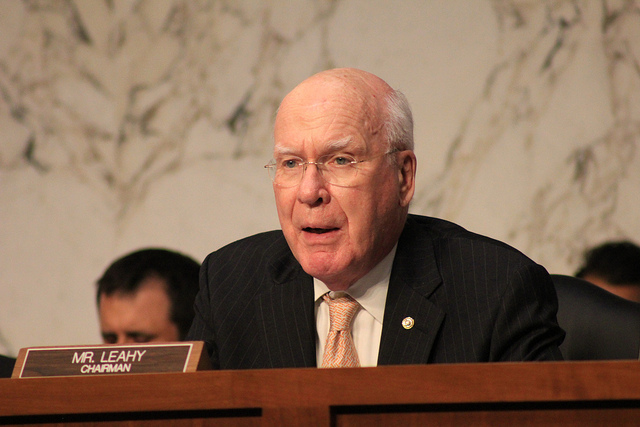
The head of the US government agency that oversaw the creation of a Twitter-like communications network in Cuba aimed at fueling political dissent against the communist government is expected to testify before Congress on Tuesday. One senator who will be hearing testimony next week has called the whole idea “dumb, dumb, dumb,” according to The Associated Press.
The program, codenamed ZunZuneo, was covertly established by US government agents. Run by the US Agency for International Development (USAID), the subversion program was targeted at building a user base of young Cubans in hopes that they would use the service to voice opposition to the governing communist party.
By using a list of phone numbers provided by a worker at Cuba’s state-owned telecommunications company Cubacel, USAID workers began to send out mass text messages over the platform. Once the network reached a critical mass of users, the plan was for operators to introduce political content aimed at inspiring Cubans to organize “smart mobs." Ultimately, the project sought to trigger a “Cuban Spring” or to “renegotiate the balance of power between the state and society," the AP reported.
Rajiv Shah, the head of USAID, is scheduled to testify before the Senate Appropriations State Department and Foreign Operations Subcommittee. At the Tuesday hearing, Shah will likely face some tough questioning from a senator who seemed quite distraught after learning of the ZunZuneo project. In an appearance on MSNBC on Thursday, the chair of the Congressional subcommittee, Sen. Patrick Leahy (D-VT) ripped into the project.
A USAID spokesman, Matt Herrick, defended the program. “All of our work in Cuba, including this project, was reviewed in detail in 2013 by the Government Accountability Office and found to be consistent with US law and appropriate under oversight controls," he said.
Some administration officials also backed the program, explaining that it had been “debated” by Congress and that it did not qualify as a “covert operation,” which would have required authorization by the White House. However, neither former Secretary of State Hillary Clinton nor her successor John Kerry had knowledge of the program, State Department spokeswoman Mary Harf told the AP.
Others, like director of US Affairs at Cuba’s Foreign Ministry Josefina Vidal, have voiced their dissatisfaction after learning of the ZunZuneo program. Vidal and others argued that the USAID's actions were antithetical to the mission of a humanitarian relief agency. Vidal explained that the program “shows once again that the United States government has not renounced its plans of subversion against Cuba, which have as their aim the creation of situations of destabilization in our country to create changes in the public order.”
reader comments
103